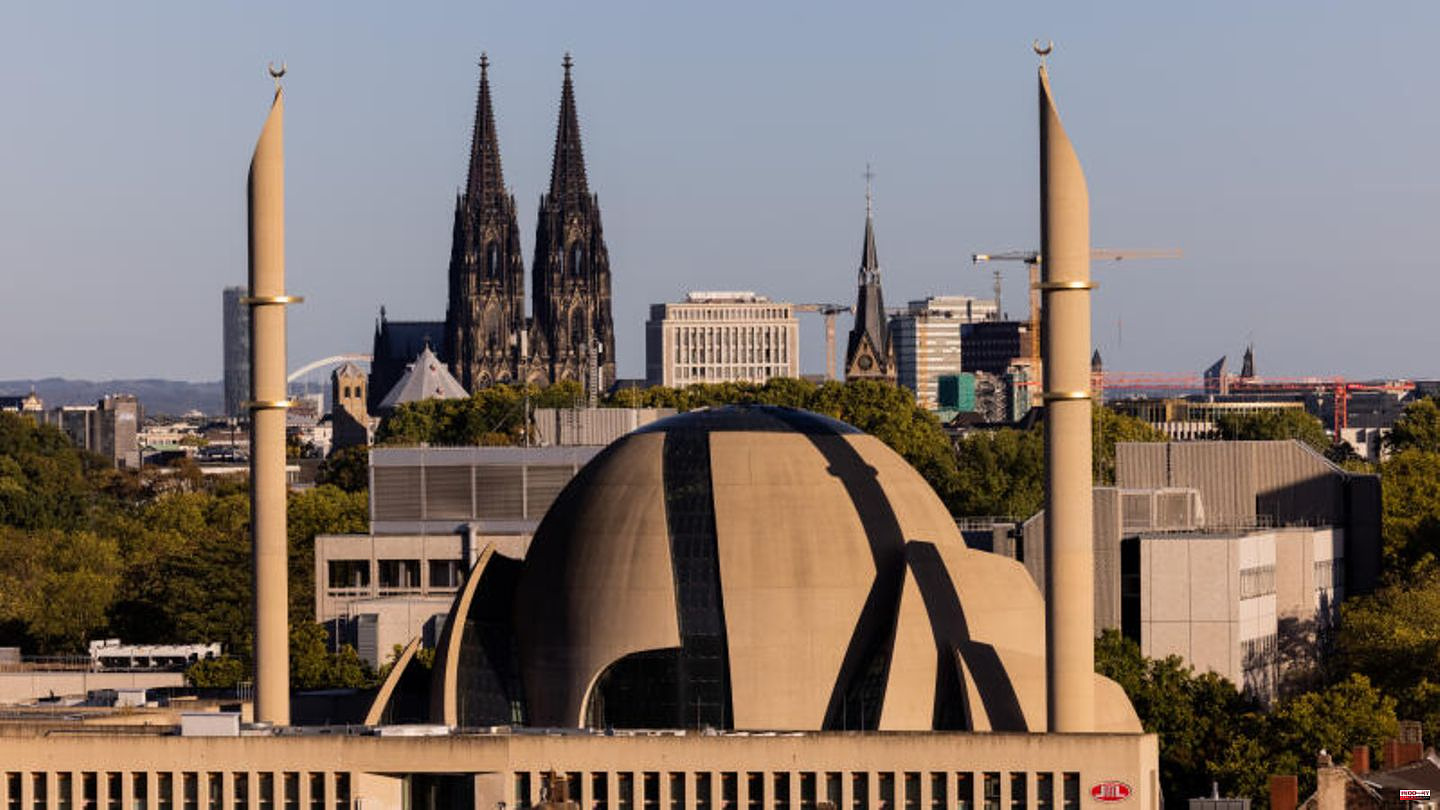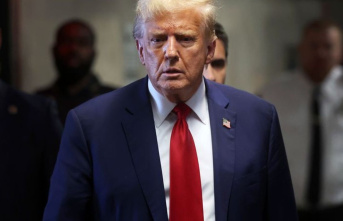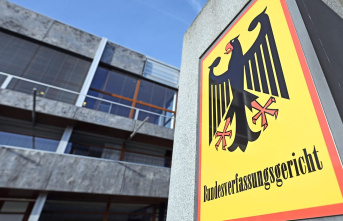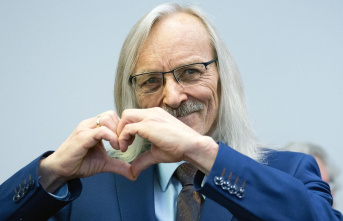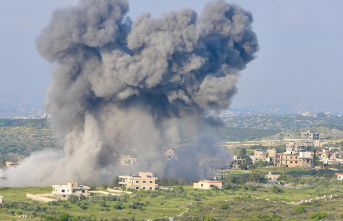"Allah is great! I testify that there is no god but Allah! I testify that Muhammad is the Messenger of Allah!"
With these words, the muezzin call of Islam begins, calling Muslims to prayer. From Friday it should also be heard from the minaret of the central mosque in Cologne-Ehrenfeld - in a pilot project. Once a week, between 12:00 p.m. and 3:00 p.m. for a maximum of five minutes.
The discussion about whether, when, how often and at what volume the muezzin call should be made has been smoldering in Germany for years. An objective debate is difficult because it de facto calls into question the freedom of religion enshrined in the Basic Law. This is precisely why it is important not to nip differentiation in the bud with pretended tolerance.
"The freedom of belief, of conscience and the freedom of religious and ideological belief are inviolable. The undisturbed practice of religion is guaranteed," says the Basic Law. Few would fundamentally disagree on these points.
In principle, however, this is exactly the crux of the matter. Because the central mosque in Cologne-Ehrenfeld is not just any mosque. It belongs to the Ditib Union, the extended arm of Recep Tayyip Erdogan's ruling AKP party.
When right-wing groups such as the "Pro Köln" citizens' movement protested against the construction of the mosque in 2007, many Cologne residents sided with Ditib in a spirit of tolerance in order to take a stand against the right. Without knowing who exactly they are actually supporting. The fronts were clearly drawn: whoever was in favor of building the mosque was on the left. Those who were against were on the right. Black and white sea of colour, almost a year after the summer fairy tale of the soccer World Cup.
But this black-and-white thinking didn't help and doesn't help in this case. Because Ditib mosques are not just about practicing religion. Ditib politicizes and exploits Islam. Prayer leaders and imams are sent to Germany as officials of the Presidium for Religious Affairs in Ankara (DIYANET). This undermines the secular idea that state and religion are separate.
In Germany, for example, prayers were demonstrably prayed for the victory of the Turkish troops, which Erdogan unleashed on the Kurds in his own country in 2019. It has been made public several times that the genocide of the Armenians was denied during prayers in Ditib mosques. Because of anti-Semitic posts on social media platforms, a Ditib manager had to resign from his post in 2021. At Erdogan's request, imams are said to have drawn up lists of suspected supporters of opposition leader Fethullah Gülen and submitted them to the Turkish government.
The debate about whether the muezzin call should be made in Cologne is not about the call itself, but about what it would signal. We need to think about whether we want to support giving such a platform to an association influenced by the Turkish state.
Of course, every person in Germany should be allowed to practice the religion they think is right. But that is primarily a private matter. It becomes problematic, as in this case, when religion and religious freedom are used to make politics and also to carry them into public space. At this point at the latest we come to the limit of secularity. By then, at the latest, a clear boundary must be drawn.
That's why we have to consider the Ditib as a special case. In the case of independent Muslim communities, where it is actually only a matter of living out the faith, there is little reason not to allow the muezzin call once a week. But that is demonstrably not the case with Ditib mosques.

